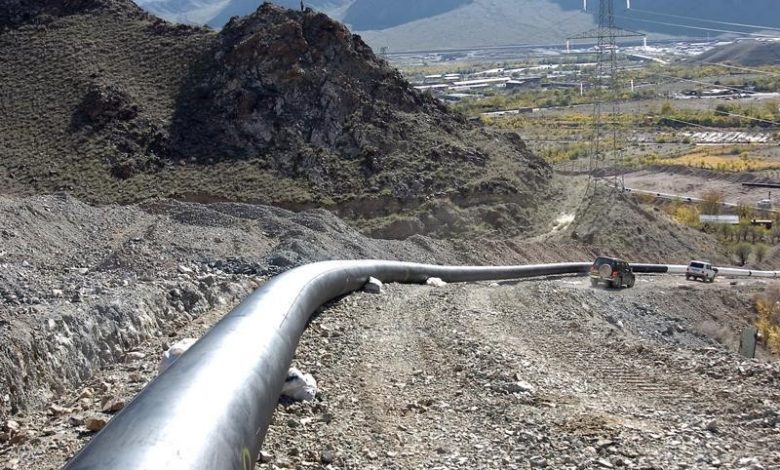
LNG Sellers Seek Credit Letters Amid Gas Price Spike Straining Credit Limits – Reuters
By Jessica Jaganathan
SINGAPORE (Reuters) – Sellers of liquefied natural gas (LNG) are now requesting letters of credit from their business partners to ensure payment, as the recent surge in global gas prices has exceeded their credit capacities, according to industry sources.
While defaults in the LNG sector have been uncommon, the last few years have seen an influx of 20 to 30 new companies entering the market, significantly increasing the number of smaller players. These companies were attracted by a spike in demand, particularly in Asia, driven by relatively low gas prices and a worldwide energy shift where nations like China transitioned from coal to gas.
However, as demand rebounds following the COVID-19 pandemic and supply constraints emerge, certain buyers are now facing credit limitations due to soaring global prices, as reported by seven industry insiders.
In the Asian LNG trade, spot prices recently reached an unprecedented $34.47 per million British thermal units (mmBtu), reflecting a nearly 100% increase from the previous month and over 500% from the same time last year. In comparison, a standard 3.4 trillion British thermal units LNG cargo is presently valued between $100 million and $120 million, a stark contrast to less than $20 million in late February.
As a result, sellers of this super-chilled fuel are increasingly requiring letters of credit when trading with firms or even end-users, ensuring that buyers’ financial institutions support their purchases.
Banks issue letters of credit on behalf of buyers as a guarantee of payment to sellers within a specified timeframe. Traditionally, most spot LNG trades have utilized open credit, where pre-approved loans allow buyers to repeatedly access funds up to a certain limit.
Unlike oil, LNG cargoes are generally sold on open credit, as buyers typically have substantial assets. However, the current price environment is placing strain on some buyers or traders. Credit limits differ from company to company; for example, if a firm had a limit of $150 million, it might now be able to purchase only one cargo instead of several.
The price surge this year marks a stark break from the record lows of below $2 per mmBtu in May last year, when lockdowns reduced demand and some buyers declared force majeure, requesting delays on contracted deliveries for which demand had evaporated.
Sellers are concerned about potential future volatility; a source familiar with contract negotiations noted that companies are increasingly asking for letters of credit to be included in master sales and purchase agreements for spot transactions.
"This demand for letters of credit has expanded beyond just buyers with poor credit ratings—it’s now being requested from a wider pool, with only those having exceptional credit scores possibly exempt," said the source.
Moreover, a Singapore-based LNG trader mentioned that even larger trading firms are being asked for letters of credit, which could deter trading activities and worsen supply shortages.
While Reuters reached out to several major trading houses for their views, no immediate responses were received.
 GOOGL
GOOGL  META
META 


